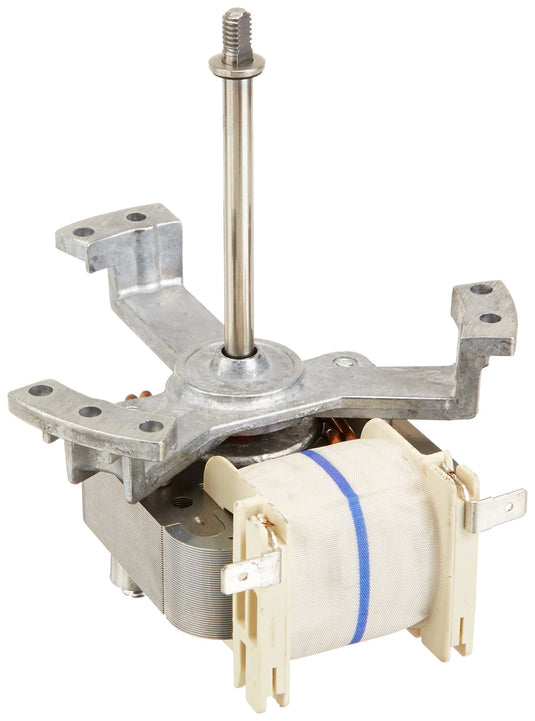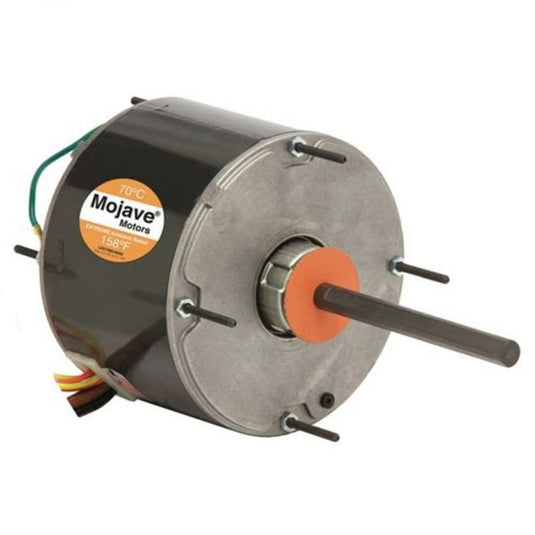Collection:
-
- All Navigation
-
-
- Coffee Machines Navigation
-
-
- Professional Coffee Machines Navigation
-
- Automatic Coffee Machine
- Single Group Espresso Machine
- 3 Group Espresso Machines
- 2 Group Espresso Machines
- Turkish Coffee Machines
- Coffee Machine Equipment
- De'longhi Coffee Machine
- Turkish Coffee Machines
-
- Home Appliances Navigation
-
- Refrigerators
- Washing Machines
- Cooker
- Ovens
-
- Kitchen Appliances Navigation
-
- Microwaves
- Coffee & Spices Grinder
-
- Water Heater Navigation
-
- Solar Water Heater
- Electric Water Heater
- Under Sink Water Heater Drivers
-
- All Spare & Accessories Navigation
-
-
- Commercial laundry Spare Parts Navigation
-
- Drain Pump for Washing Machine
- Laundry Accessories
- Laundry Motors
- Laundry Sensor
- Washer Contactor
- Solenoid Valve
- Washing Machine Brackets
- Washing Machine Circuit Board
- Washing Machine Control Unit
- Washing Machine Spare Parts
-
- Refrigerator Spare Parts Navigation
-
- Air Dampers
- Compressors
- Compressor Overload Protector
- Convection Motor
- Condensing Coils
- Cooling Defrost Thermistors
- Oven Spare Parts
- Automation Spare Parts
- Cooker Spare Parts
- Dishwasher Spare Parts
- Ice Machine Spare Parts
- Commercial Kitchen Equipment Spare Parts
- Tumble Dryer Spare Parts
- Vacuum Cleaner Spare Parts
- Coffee Machine Spare Parts
-
- Energy & Power Analyzer Navigation
-
- Power Quality Analyzer
- Analog Output Modules
- Programmable Compact Controller
- Electrical and Electronics
-
- Stabilizer and Transformer Navigation
-
- Three-phase voltage Stabilizer
- Relay Voltage Stabilizer
- Variac transformer
- Voltage Transformer
- Dehumidifier
-
- Laundry Equipment Navigation
-
- Commercial Washing Machine
- Commercial Dryer
-
- Air Conditioners Navigation
-
- Central AC
- Split AC
- Window AC
- Portable AC
- Kitchen Equipment
- Home
- Coffee Machines
- Home Appliances
- Air Conditioners
- All Spare Parts
- Best Seller
- Services









